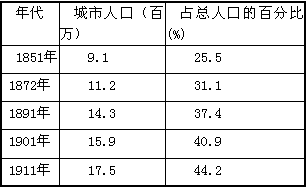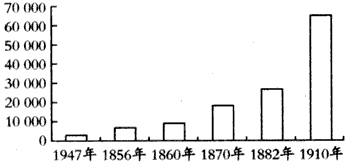阅读理解。
Mr. Smith had a hotel near the biggest train station in London. A lot of foreigners stayed there for the
night. Mr. Smith only knew English, so he found it not easy for him to understand the people from other
countries such as Russia, France and Japan. He thought Russian was boring but Japanese was interesting.
So he asked a friend of his who knew Japanese to teach him. He studied hard and happily. At first he learned
some, but soon he found that it wasn't easy to remember Japanese words. His friend asked him to write
down the useful words on his notebook so that he could use them. He did as he was told. He found it
helpful for him to do so.
One evening, there were a lot of people in the dinning room of his hotel. They were all busy eating
something, but a Japanese was walking up and down there. He seemed to be waiting for someone. Mr. Smith
thought to himself, "Maybe the man is hungry and wants to eat something, but he doesn't know any English.
I'll try to help him."
Because Mr. Smith knew only a little Japanese, he had to take out his notebook and showed the sentence
"I am very hungry" to the Japanese.
To his surprise, the Japanese took a look at it and gave him two dollars, and then left the hotel.
1. In this passage, Mr. Smith learned ______ from one of his friends. [ ]
A. Russian
B. French
C. English
D. Japanese
2. After a few days, Mr. Smith found it ______ to learn Japanese. [ ]
A. interesting
B. difficult
C. boring
D. easy
3. Mr. Smith decided to help the man because he ______. [ ]
A. thought the man was hungry
B. found the man was really upset
C. could practice Japanese with the man
D. knew who the man was waiting for
4. If Mr. Smith knew more about the Japanese language, the Japanese would ______. [ ]
A. go to walking up and down
B. teach him more useful words
C. stay in the dinning room for dinner
D. help him serve other foreigners
5. Which of the following is WRONG? [ ]
A. Mr. Smith knew three foreign languages.
B. The Japanese thought Mr. Smith was a man asking for money.
C. The Japanese might be waiting for someone to have supper together.
D. The Japanese might be worried because nobody could understand him.



